A carer is a person of any age, adult or child, who provides unpaid support to a partner, child, relative or friend who couldn't manage to live independently or whose health or wellbeing would deteriorate without this help. This could be due to frailty, disability, disability or a serious health condition, mental ill health or substance misuse. You might be have been a carer for quite a while but never realised.
Many carers do not consider themselves as such. Caring is simply an extension of their usual role of spouse, partner, child, parent, friend or neighbour. You might worry about being a carer if you are a younger person caring for somebody because it can be difficult when you are trying to manage your own life and feelings too.
Please let us know if you are somebody's carer. We try to keep a record of our patients who are carers, and this helps us make sure we are looking after your health and wellbeing. It can help us to direct you towards the support you might need. This can make all the difference.
Involving carers and families in patient care
We know that carers often know the people they care for better than anyone else and that this knowledge can be extremely useful in planning patient care, and also in identification of problems that may require intervention. Therefore, we feel that engagement and co-operation with carers is an essential part of our practice providing really good patient care.
Involving carers when devising a care plan for patients, and listening to their views, can often result in better care for that patient, and better support for the carer too.
When involving carers we still have a duty to respect the confidentiality of our patients. Finding ways to share information can make a critical difference to the ability and confidence of a carer to perform a caring role, and the information and support that we can gain from the carer.
We talk to patients routinely about issues surrounding information sharing, and actively seek permission (written and signed by the patient where possible) for carers to be given information about patient care and treatment. We record this in the patient's notes so that everyone is aware that permission to share information has been given.
Where patients are reluctant for all information to be shared, we may ask if there are aspects of their conditions about which they are comfortable for information to be shared.
Where patients do not want any information given to their carers, we can still hopefully ensure that there is general information on relevant health conditions available for carers.
Healthcare for Carers
Being a carer can sometimes mean you can tend to neglect your own health. Sometimes this is because of practical reasons, for example, you may not be able to leave the home to attend GP or specialist appointments, or for hospital treatment. Sometimes it is because carers focus so much on the care of the people that they are looking after that they simply pay no attention to their own health needs.
Carers may have difficulty leaving the person that they care for to attend GP appointments. It is important to offer some flexibility for carers.
At Nidderdale Group Practice there are ways we can try to support you if you are a carer:
- We can help arrange appointments at times in the day when you can leave the people that you care for e.g. when paid carers are in the home
- We can offer carers early appointments to minimise waiting time in the surgery
- If you are a carer looking after the most dependent individuals it may be possible to leave even for a short time to attend GP appointments. Although these carers would not always usually meet the criteria for a home visit as they are not themselves classed as housebound, we would consider offering a home visit if a carer cannot get out to come to an appointment but requires medical attention.
Available help for Carers:
Influenza Vaccination for Carers
All carers are entitled to a free annual influenza vaccination on the NHS.
You can request a carer assessment:
All carers who provide a regular and substantial amount of care are entitled to (and should) request a Carer Assessment in their own right from Social Services. There is no definition of what constitutes a regular and substantial amount of care. The Carer Assessment is designed to assess the carer's needs and not the needs of the person that the carer is caring for. If there is more than one person providing care in a household, each is entitled to a Carer Assessment.
As a result of the assessment the carer should receive a care plan that takes into consideration the assessed needs of both the carer and the person being cared for. It may include respite care, help with housework, changes to equipment or adaptations to the home, and/or emotional support. If anything changes, the carer is entitled to apply for re-assessment.
There are some brilliant local and national organisations who can help if you are a Carer:
Carers' Resource
The Carers' Resource is the local specialist Carers' Centre for the Bradford & Airedale, Harrogate & Ripon and Craven districts of Yorkshire. They provide a drop in clinic at out Pateley Bridge surgery on Fridays, please ask our reception staff for more details.
Carers' Direct
The Department of Health's NHS website 'Carers Direct' provides information and educational resources for carers and health professionals about carers' issues.please ask our reception staff for more details.
Gov.UK website
The Gov.UK website provides information on all aspects of caring including employment, carers' rights and benefits.
If you have any feedback for the practice about how we can improve support for carers please let us know by contacting the practice or using our suggestion box in the waiting room.
